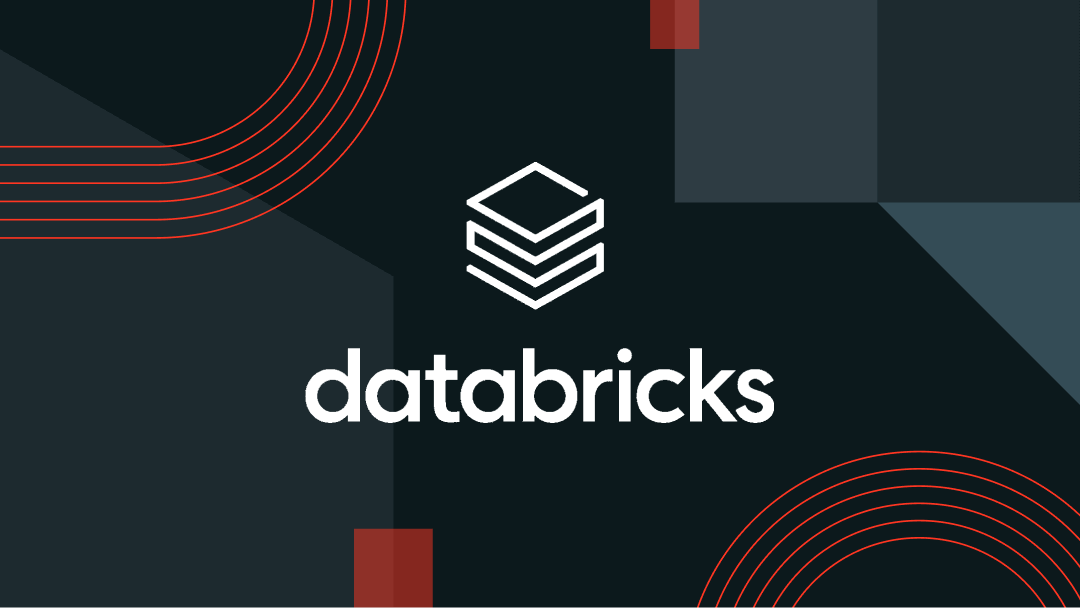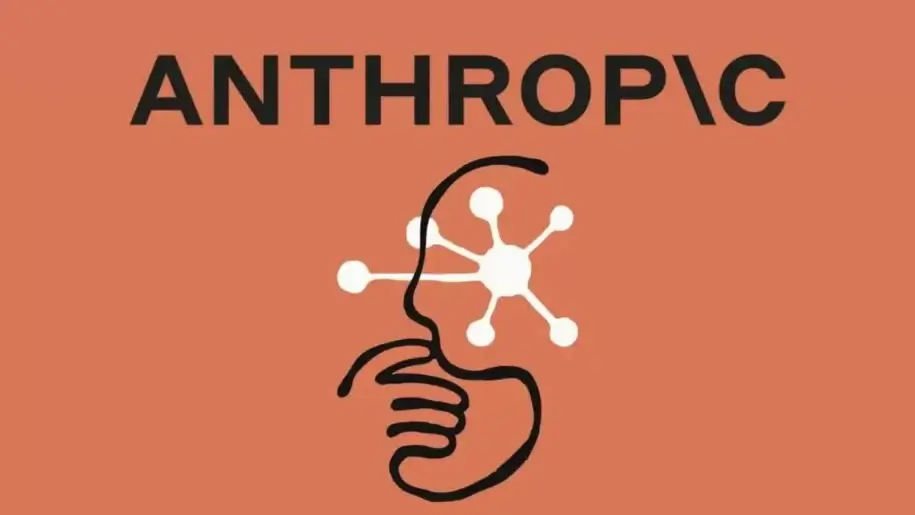Perplexity AI, known for its AI-powered search engine, is now extending its reach to mobile browsing with the early access release of its "Comet" AI browser on Android devices. Comet, first launched for Windows and Mac in July 2025, aims to redefine how users interact with the internet by integrating generative AI directly into the browsing experience.
How to Get Early Access
Perplexity has begun sending out early access invites to select users to test the Android version of Comet before its wider release. To register your interest and potentially gain early access, follow these steps:
- Visit the Google Play Store or the Comet Browser Website: Navigate to the Perplexity website or the Google Play Store to register for early access.
- Increase Perplexity Usage: According to Perplexity CEO Aravind Srinivas, frequent users of the Perplexity AI search platform and those with Pro or Max subscriptions will receive priority for invites. Increasing your activity on Perplexity may boost your chances of getting early access.
Comet's Key Features and Capabilities
Comet differentiates itself from traditional browsers through its deep integration of AI, offering a range of features designed to enhance productivity and streamline information gathering. Some key features include:
- AI-Powered Assistant: Comet integrates an AI assistant directly into the browsing experience, enabling users to ask questions about webpages, summarize content, and perform various tasks using natural language. The upgraded Comet Assistant can operate across multiple tabs, assist with job searches, and help users find travel deals.
- Agentic Search: Comet employs "agentic search," allowing the browser to autonomously execute tasks. For example, Comet could potentially search for flight options, compare prices, and even make reservations with minimal user input.
- Unified AI Search: Perplexity's AI search engine is integrated as the default search engine, providing accurate, verified information. Users can type questions directly into the search bar and receive answers without needing to rely on keywords and scroll through numerous search results.
- Contextual Awareness: The browser can access browsing history and open pages to retrieve relevant information and learn user habits. This allows the AI assistant to understand the user's context and provide more relevant assistance.
- Cross-Platform Synergy: Comet is built on the Chromium framework, ensuring cross-platform compatibility and a seamless experience across desktop and mobile devices.
- Automation Capabilities: Comet can automate tasks across numerous websites, such as summarizing webpages or even automating shopping on e-commerce sites. For example, users can ask Comet to add grocery items to a cart and proceed to checkout.
Early Impressions and Potential Impact
Early reviews of Comet highlight its potential to change how users interact with the web. The AI assistant is praised for its ability to act as a personal agent, saving users time and effort. Comet's ability to summarize information, answer questions, and automate tasks is seen as a significant step forward in web browsing.
However, some reviewers have noted that Comet's AI capabilities can be inconsistent. It has also been pointed out that Perplexity's search engine may not always prioritize the most recent information. Despite these limitations, Comet is viewed as a promising glimpse into the future of AI-powered web browsing, with the potential to challenge the dominance of traditional browsers like Google Chrome.
Security Considerations
It's important to note that security researchers have identified potential vulnerabilities in Comet that could allow for the exfiltration of sensitive user data. Users should be aware of these potential risks and take appropriate precautions to protect their personal information.
As Comet continues to develop, Perplexity AI is expected to add more agentic AI capabilities to the browser in the coming months. The early access release on Android marks a significant step in the evolution of AI-powered browsing, offering users a new way to explore and interact with the internet.



















